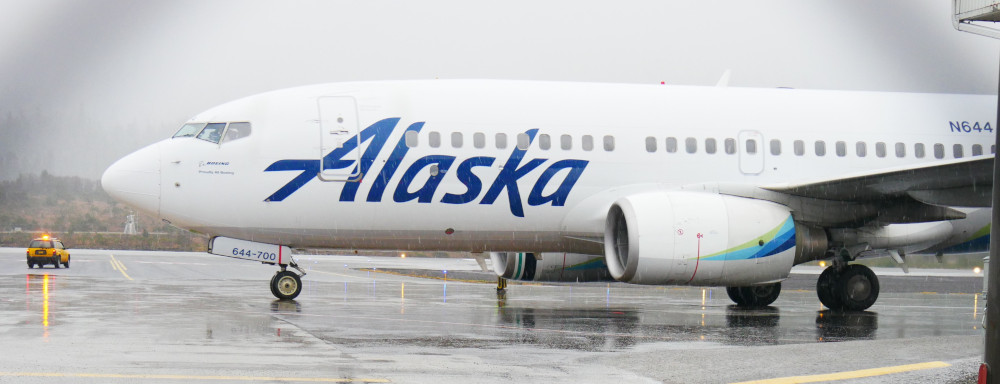
President Biden and the Centers for Disease Control and Prevention have issued orders requiring masks for most people traveling on public planes, trains, boats and road vehicles. The measures are meant to slow the spread of COVID-19.
The orders also say transportation companies have to make sure passengers are wearing face coverings while traveling and also in transportation hubs like airports, bus terminals, and sea ports.
It’s not a big change from current practice in Alaska. The Alaska Marine Highway System has required masks for passengers on the state ferry fleet since June. Department of Transportation spokesperson Sam Dapcevich said Tuesday the system has seen good compliance.
“There’s some teeth behind it now,” Dapcevich said of the requirement. “There is the potential someone could be subject to penalties under federal law now but the primary way that we take care of this message on the ferry is by making announcements and having good signage up and reminding people. We don’t have aggressive enforcement but we make sure people know it’s required.”
The orders also mean masking is now required on the Inter-Island Ferry Authority’s service between Hollis and Ketchikan.
The biggest noticeable change with the federal orders are the mask requirement is now extended anywhere on the premises for travel hubs like airports, train, ferry and bus terminals. As of February 1st, the Transportation Security Administration is implementing the mandate on airport properties throughout Alaska. That means it’s required to get past the security checkpoint.
A spokesperson for Alaska Airlines said the vast majority of its passengers are complying with a face covering policy that the airline has had in place since August. The airline gives a final warning, in the form of a yellow card, to passengers who continue to refuse. After that, they can be banned from travel on the airline. System-wide Alaska Airlines reports 342 people in that category. The new federal orders are expected to make it easier on flight crews enforcing the company’s policy and they’re now cited on the airline’s website.
The travel masking requirement also applies to people who have already received the vaccine and people who have recovered from COVID-19. The orders cover anyone who is traveling into the U.S. or anywhere within the country. It does not apply to travel in private vehicles but it does apply to companies offering ride sharing. There are exceptions for children younger than two years old or people with a disability.











